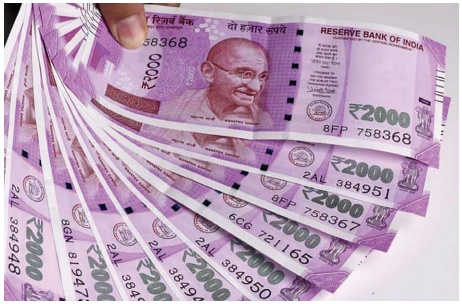Economics - Monetary Economics | 12th Economics : Chapter 5 : Monetary Economics
Chapter: 12th Economics : Chapter 5 : Monetary Economics
Monetary Economics
Monetary Economics
Introduction
Monetary Economics is a branch of economics that provides a
framework for analyzing money and its functions as a medium of exchange, store
of value and unit of account. It examines the effects of monetary systems
including regulation of money and associated financial institutions.
Money
1. Meaning
Money is anything that is generally accepted as payment for goods
and services and repayment of debts and that serves as a medium of exchange. A
medium of exchange is anything that is widely accepted as a means of payments.
In recent years, the importance of credit has increased in all the countries of
the world. Credit instruments are used on an extensive scale. The use of
cheques, bills of exchange, etc. has gone up. It should however, be remembered
that money is the basis of credit.

2. Definitions
Many economists developed definition for money. Among these,
definitions of Walker and Crowther are given below:
“ Money is, what money does” - Walker.
“Money can be anything that is generally acceptable as a means of
exchange and at the same time acts as a measure and a store of value”.
–Crowther
Related Topics